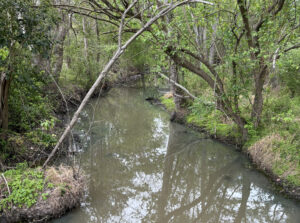News
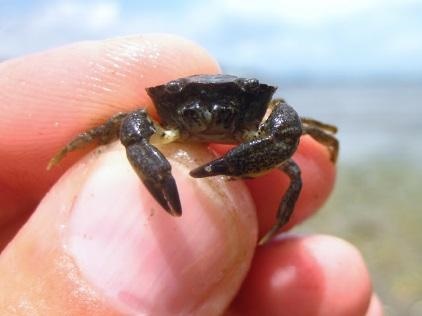
By Chris Moore, ECU, Dept. of Biology
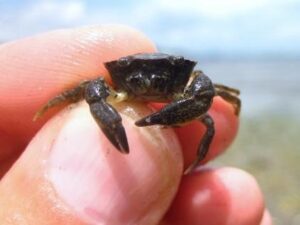
Over the past ~60 years, native mud crabs in estuaries along the US east coast have been greatly impacted by an invasive parasite; a highly modified barnacle, specifically adapted to infect certain species of crabs.
The parasite, Loxothylacus panopaei (“Loxo” for short), is native to the Gulf of Mexico and southeast Florida but was absent from much of the Atlantic until it was transported with Gulf of Mexico oysters to the Chesapeake Bay in the 1960s, where it then spread up and down the coast. This “body- snatching” parasite seeks out and penetrates its crab host, hijacking its internal physiology, extracting resources, and changing its behavior. Male crabs become “feminized” and protect and groom the parasite’s larval sac just as female crabs do for their own broods. Most significantly, the parasite eliminates reproductive abilities for both male and female crabs. Essentially, these crab “zombies” serve as a vessel for the barnacle’s reproduction but can no longer reproduce themselves, which is a serious consequence for these ecologically-important native crab populations and the communities in which they reside.
Because this parasitic barnacle is a recent invasion to the southeastern USA, including North Carolina, many questions remain about the impact to estuarine communities. Researchers and students in the lab of Dr. April Blakeslee, Associate Professor of Biology at ECU, intend to determine if crabs have a refuge from infection when occupying low- salinity waters that are less beneficial to the parasite. They will do so by sampling for mud crabs and the parasite along a salinity gradient in the Pamlico and Neuse Rivers, and they need your help!
Related News
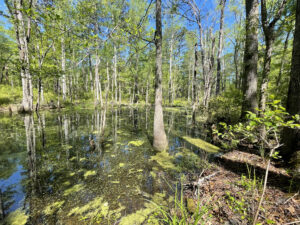
Tell NC to restore wetlands protections!
April 19th 2024
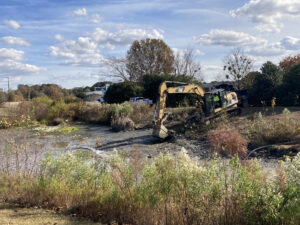
Position available: Stormwater Education Coordinator
April 18th 2024
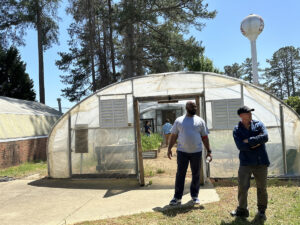
Southern Nash next in line for stormwater projects
April 18th 2024
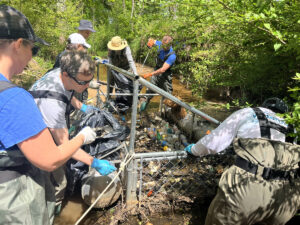
Xylem, Sound Rivers team up for cleanup
April 18th 2024

Sound Rivers launches new podcast
April 18th 2024
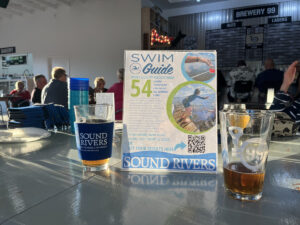
Swim Guide gearing up for a seventh season
April 11th 2024
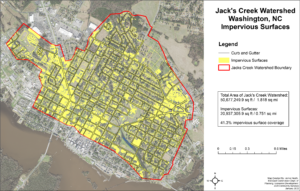
Feedback needed for Jack’s Creek plans, projects
April 11th 2024

Pamlico-Tar Riverkeeper talks water quality
April 11th 2024
